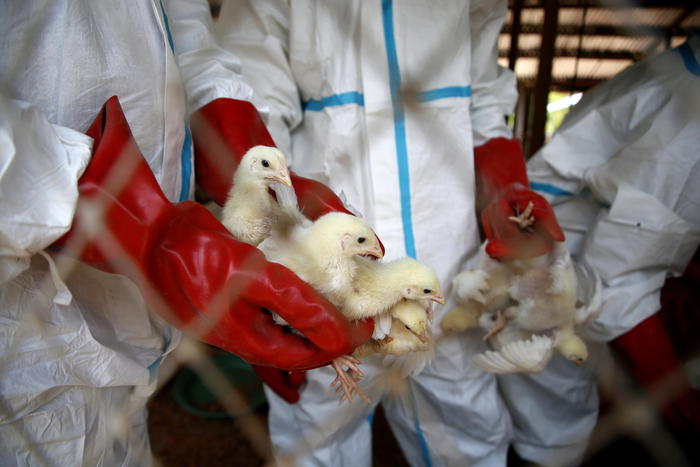FDA Confirms Presence of Avian Influenza in Dairy Samples
Traces of the avian influenza A H5N1 virus have been detected in pasteurized milk from cows on farms in the United States impacted by the epidemic. The Food and Drug Administration (FDA) announced this finding, emphasizing that the milk is still considered safe for consumption as further studies are pending. The detection was made using quantitative polymerase chain reaction (qPCR) testing, which can identify genetic material of the virus but does not confirm the presence of a live, infectious agent.
Experts Urge Caution but Not Alarm
Virologists and infectious disease specialists have expressed concern over the findings, suggesting the virus's ability to move between species should not be underestimated. However, they also noted that the detected genetic fragments could be inactive and remnants from pasteurization, which typically kills pathogens. Roberto Burioni and Matteo Bassetti, prominent figures in microbiology and infectious disease, respectively, highlighted the need for careful monitoring and preparedness for any potential escalation.
Potential Risks and Ongoing Investigations
The FDA is conducting further tests to determine the nature of the viral material found in the milk samples. Concerns have been raised about the possibility of milk becoming a vector for contagion if the virus were found to be viable post-pasteurization. The situation is under close watch, with additional studies to assess the risk to public health expected in the coming days or weeks.
Historical Context and Global Impact
Between 2003 and April 1, 2024, the World Health Organization recorded 889 human cases of avian influenza across 23 countries, with a high case fatality rate. The current outbreak has also affected millions of birds globally and has been detected in other mammals, including cows and minks. The FDA continues to investigate and has plans to analyze different types of dairy products to ensure consumer safety.
In summary, while the detection of H5N1 in pasteurized milk is concerning, authorities and experts are urging the public not to panic as the risk assessment continues and further data is gathered.
References
- https://www.ansa.it/canale_saluteebenessere/notizie/sanita/2024/04/24/aviaria-in-usa-tracce-virus-nel-latte-pastorizzato-delle-mucche_21fce347-70cf-45ec-95c5-215999171498.html
- https://sante.lefigaro.fr/social/sante-publique/virus-h5n1-des-traces-detectees-dans-du-lait-pasteurise-aux-etats-unis-20240424










